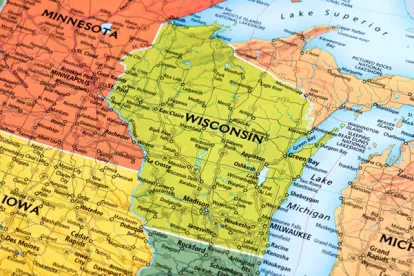The coronavirus pandemic has led to the vast majority of states across America issuing orders affecting the rights of landlords, tenants, and financial institutions. Here in Wisconsin, Governor Evers issued Emergency Order #15, placing a temporary ban on eviction actions from March 27, 2020 through May 26, 2020, a period of 60 days. As a result, landlords cannot file any new eviction actions during this 60-day period, and cannot continue with any eviction actions that were already filed, but not yet resolved, when Emergency Order #15 was enacted over a month ago.
Emergency Rule EmR2002.
More recently, the Wisconsin Department of Agriculture, Trade and Consumer Protection adopted Emergency Rule EmR2002 (temporarily creating Wis. Admin. Code s. ATCP 134.09 (8) (d)), prohibiting landlords from charging fees or penalties for any missed rent payment or any late rent payment both during the public health emergency which is set to expire May 26, 2020, and 90 days following the public health emergency (“Emergency Rule”). Though the Emergency Rule was just recently announced, the ban prohibiting landlords from charging fees or penalties for late or unpaid rent takes effect, retroactively, back to April 25th. As such, landlords are still permitted to charge fees or penalties for any late or missed rent payments prior to April 25th when the Emergency Rule took effect.
The Emergency Order Only Applies to Residential Landlords and Tenants.
Importantly, the Emergency Rule modifies Wisconsin Administrative Code Chapter ATCP 134, which relates to Residential Rental Practices. As such, the rule only applies to residential landlords. That said, it is imperative that residential landlords not only follow the Emergency Rule while it remains in effect, but also the other regulations set forth in ATCP 134. Failure to do so would open you up to potential litigation, as an injured tenant may recover double damages along with costs and reasonable attorneys’ fees. See Wis. Stat. § 100.20(5).
The Pending Lawsuit Against Gov. Evers’ Safer at Home Order.
The Emergency Rule is unlikely to be affected by the outcome of the pending lawsuit challenging the extension of the Safer at Home mandate because it expires at the earliest of the following three times: (1) 150 days after the emergency rule is published in the official state newspaper; (2) 90 days after the expiration of the public health emergency; or (3) 90 days after rescission of the proclamation of the public health emergency. Accordingly, with the Wisconsin Supreme Court set to issue a ruling on the lawsuit filed against Governor Evers’ Safer at Home Order, the Emergency Rule was drafted to remain in effect regardless of the outcome of that case. Should the Supreme Court strike down Governor Evers’ extension of the Safer at Home Order, landlords must remain conscientious of the Emergency Rule, as it would still remain in effect 90 days after the rescission of the Safer at Home Order.
Rent Is Still Due.
As with the order placing a temporary ban on eviction actions, the Emergency Rule does not relieve an individual of his or her obligation to make rent payments. Nonetheless, the Emergency Rule provides an additional form of temporary relief to the tenant, while placing yet another restriction upon landlords.





 />i
/>i

